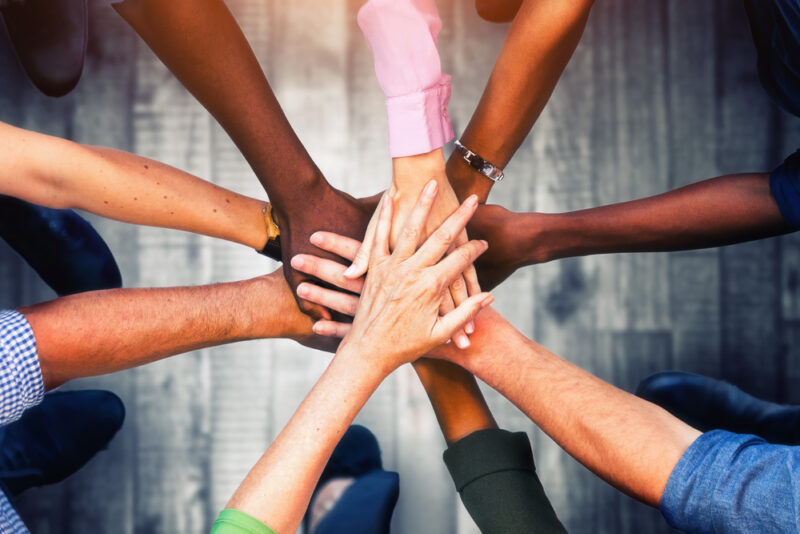When did you have fun?
There are many health benefits associated with positive emotions. They help boost immune function, help people with heart disease recover more quickly, result in fewer illnesses and less depression in those who have experienced both minor stressors and traumas, and activate healthier coping strategies.
What good risks did you take and how were you outside of your comfort zone?
The best risk I took this year was becoming a parent when my husband and I adopted a baby girl in April. As a result, I’ve been outside of my comfort zone most of the past nine months. I’ve grown as a person, I now realize how hard it is to be a parent, and we have both experienced a lot of frustration, but her birth has created some of the most profoundly rewarding moments of my life. You don’t have to manifest such a big life change in order to feel outside of your comfort zone. One of my coaching clients has decided to move on from a job she has outgrown. Many others grew in their self-awareness and realized that they needed to take smaller risks in their lives.
What gave you the most meaning?
Good leaders regularly ask this of their constituents and model a culture of meaning. Meaningful work is fostered when these conditions are present:
** You feel respected and valued for their contributions
** You are given autonomy to execute duties
** You are given a clear understanding of how your organization functions
** You are given all of the information and resources you need to do your job
** You understand how your unique talents and abilities help you work well
With some subtle changes in wording, you can apply these attributes to your family as well.
How did you handle the tough times?
Post-traumatic growth is the positive personal changes that result from your struggle to deal with highly challenging life events. People tend to notice growth in one or more of these areas after a traumatic event: renewed appreciation for life; recognizing new paths for your life; enhanced personal strength; improved relationships with others; and spiritual growth.
How did you grow high-quality connections with others?
Having high-quality connections with other people might be the most important element of resilience, happiness, and well-being. According to Dr. Jane Dutton, high-quality relationships have four components: they are engaging and energizing, they have a foundation of trust and respect, the people in the relationship feel attuned to each other, and they can be their authentic selves. Dr. Dutton and her colleagues have shown that some of the benefits of high-quality connections include increased physical and psychological healthiness, greater cognitive functioning, higher resilience, more engagement at work, and more creativity.
When were you too hard on yourself?
Self-compassion is a hard skill to learn, and one that I try to practice. These core beliefs and questions about our ability and worthiness can make self-compassion impossible:
- I have to be perfect
- What will people think of me?
- I’m not good enough
- Who am I to think I can accomplish that?
What gave you hope?
My mentor, Dr. Shane Lopez, passed away unexpectedly this year. Dr. Lopez researched the topics of hope and strengths, and he would say that hopeful people share four core beliefs:
- They believe their future will be better than their present;
- They believe they have the power to direct how their life unfolds;
- They realize that there are many paths to their goals; and
- They “embrace the suck” – hopeful people know there will be obstacles but they believe in their ability to persevere and overcome them.
What did you learn about yourself?
Think about what you learned in all of your roles – as a parent, a friend, a leader at work, and as a spouse/significant other.
You don’t have to answer all of these questions in order to start 2017 in an impactful way. Pick a couple that you really want to focus on and start there. I’d love to hear from you – which questions are you going to focus on and why?







